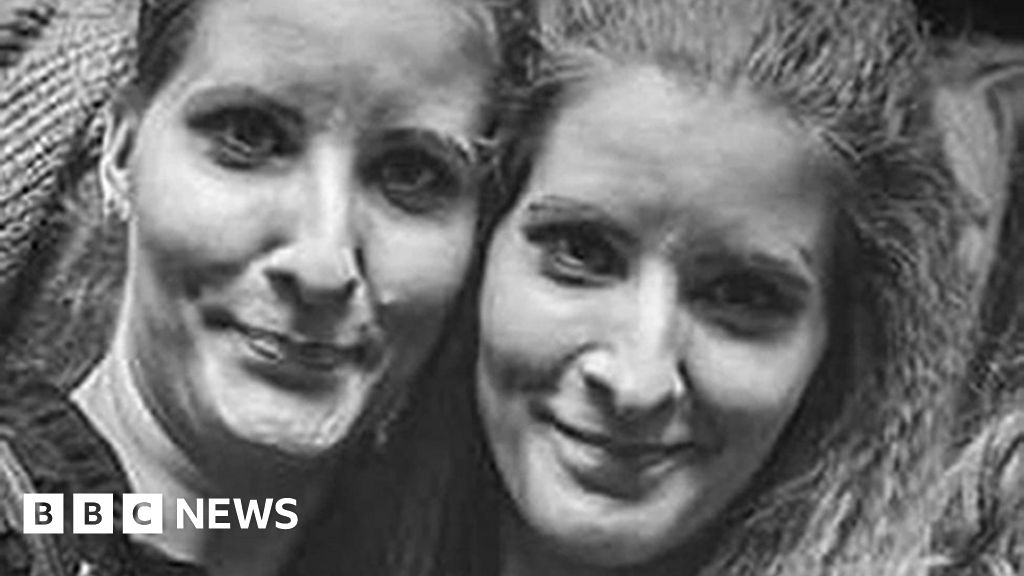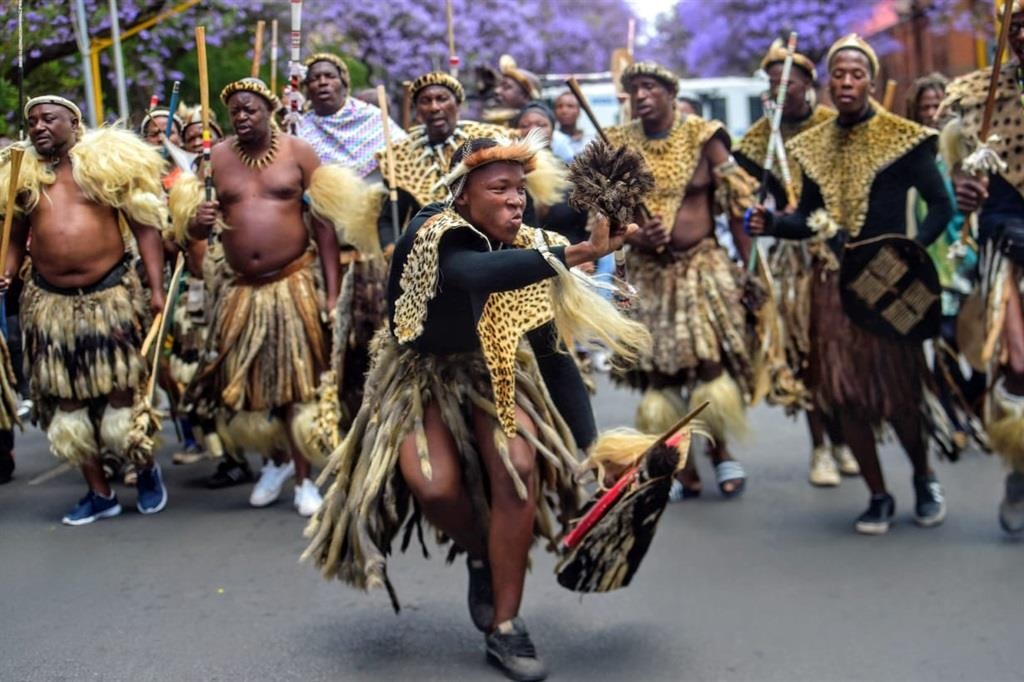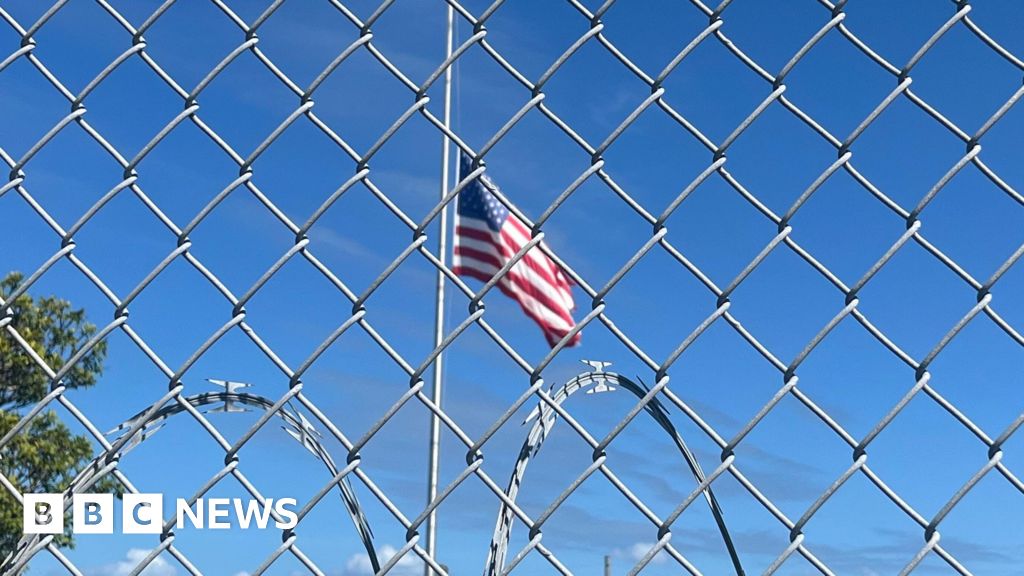A groundbreaking breast cancer research project launched in memory of the late Girls Aloud singer Sarah Harding is already successfully identifying young women at increased risk of getting the disease.
The BCAN-RAY (Breast Cancer Risk Assessment in Young Women) was launched a year ago in the singer's name after she died from the disease in 2021 at the age of 39.
While she was having treatment, the star said she was "really keen" for more research into why young women are being diagnosed without a family history of the disease.
One of the singer's final hopes was to find ways of spotting the disease early when it's easier to treat.
The BCAN-RAY is one of the only projects in the world trying to identify which women in their 30s are most at risk.
About 2,300 women under 40 are diagnosed with the disease each year in the UK, according to Breast Cancer Now.
The two-year study is using money from Cancer Research UK, the Christie Charity, and the Sarah Harding Breast Cancer Appeal - backed by her family and former bandmates.
It looks at risk factors most commonly found in young women with the disease and will form a model to identify them in future.
Read more:
Proteins in blood could warn of cancer seven years before diagnosis
New cancer treatment gives hope as diagnoses rise
Girls Aloud kick off reunion tour dedicated to Sarah Harding
Anna Housley, 39, from Hale, Greater Manchester, is one of the women taking part in the trial. After being tested last year the mother of two was surprised to find she's at increased risk.
With no history of the disease in her family, she told Sky News: "I'm really grateful that I have been found because now I know that I'm going to be looked after and I can be screened."

Follow Sky News on WhatsApp
Keep up with all the latest news from the UK and around the world by following Sky News
Speaking about the work of Harding, she said: "All I can say really is thanks to her for being such a brave advocate to young women."
The new information means she's now eligible for annual mammograms and medication should she want it.
It's hoped all women will eventually be able to have a risk assessment when they reach 30.

A thousand women in the Greater Manchester area will take part, including 250 with breast cancer who don't have a family history of the disease.
Saliva samples will hopefully help experts identify certain types and patterns of genes that could raise a woman's risk.
These will be considered with factors such as period timing, breast tissue density, alcohol consumption and use of the pill.
Harding's consultant Dr Sacha Howell from Manchester University NHS Foundation Trust, who is leading the study, said of the singer: "I think she'd be absolutely thrilled that she was part of this and her legacy is that we will be helping more and more young women like her.
"But what we're all hoping is that by detecting those cancers earlier, they won't unfortunately have that end result that Sarah did, which was to pass away with the disease."
Harding's legacy won't just be her successful music career, it will also be her work in raising awareness around breast cancer and potentially giving many more women in their 30s a future.
 (1).png)


















